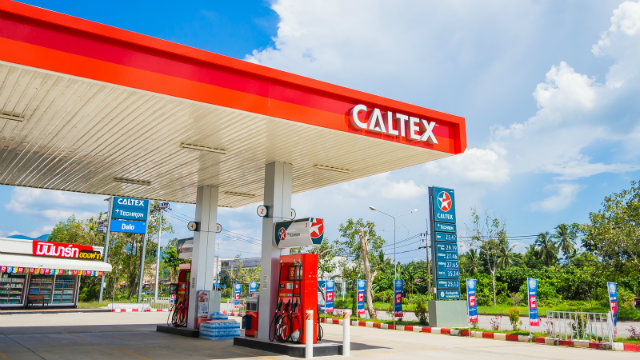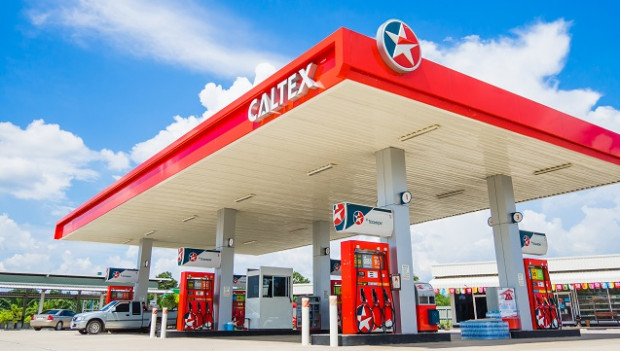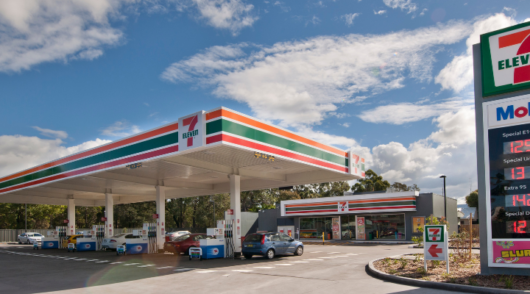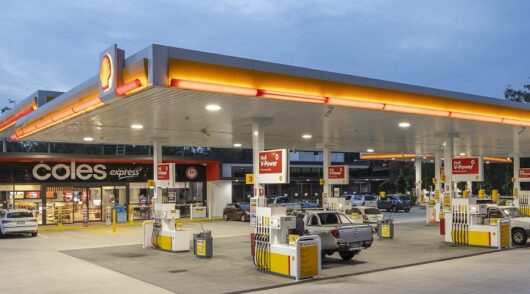
Caltex Australia has appointed its chief financial officer (CFO) Matthew Halliday to the position of interim CEO after failing to find a replacement for current leader Julian Segal, who retires next week.
“Given our recent announcements regarding the receipt of revised and new proposals to acquire Caltex, it is not possible for us to complete this search at this time,” chairman Steven Greg said.
Segal announced his retirement plans in August and will now leave the role on March 2.
Executive general manager, Fuels & Infrastructure, Louise Warner, has been appointed as interim chief operating officer (COO) while current deputy CFO, Jeff Etherington, has been appointed interim CFO.
“The interim appointments we announce today will ensure we can continue to engage with interested parties on a potential transaction, while continuing to execute our strategy,” Greg added.
The fuel and convenience chain broke the news alongside a “disappointing” full-year result on Tuesday morning.
Segal described the year as “tough” with the bottom line impacted by weak retail margins and soft economic conditions.
“2019 was a disappointing financial result, impacted by lower regional refining and retail fuel margins, softer economic conditions, and unplanned outages caused by a third-party power disruption at our Lytton refinery,” Segal said.
“Despite this, the underlying performance of our business has been resilient and we have continued to build on the solid foundations we have in place for future growth.”
Profit on a historical cost basis was down 31 per cent for the year to $382.8 million, dropping from $560 million a year ago due to weak economic conditions.
Operating profit on a replacement cost of sales basis fell 38 per cent to $344 million.
Fuels and infrastructure delivered earnings of $450 million, with a 3.0 per cent increase in fuel sales volumes to 21.1 billion litres.
Australian sales volumes, which includes convenience retail and Australian wholesale fell by 3.0 per cent to 16.3 billion litres.
“Retail fuel volumes in 2019 were impacted by economic weakness in addition to a more competitive retail fuel market,” the company said.
The nation’s leading fuel retailer is currently at the centre of a billion dollar bidding war, with a number of international businesses interested in purchasing the company.
Last week, Britain’s EG Group entered the race with a cash offer of $3.9 billion to acquire the company, soon after Canadian convenience store operator Alimentation Couche-Tard was granted due diligence.
This story originally appeared on sister site Inside FMCG.






